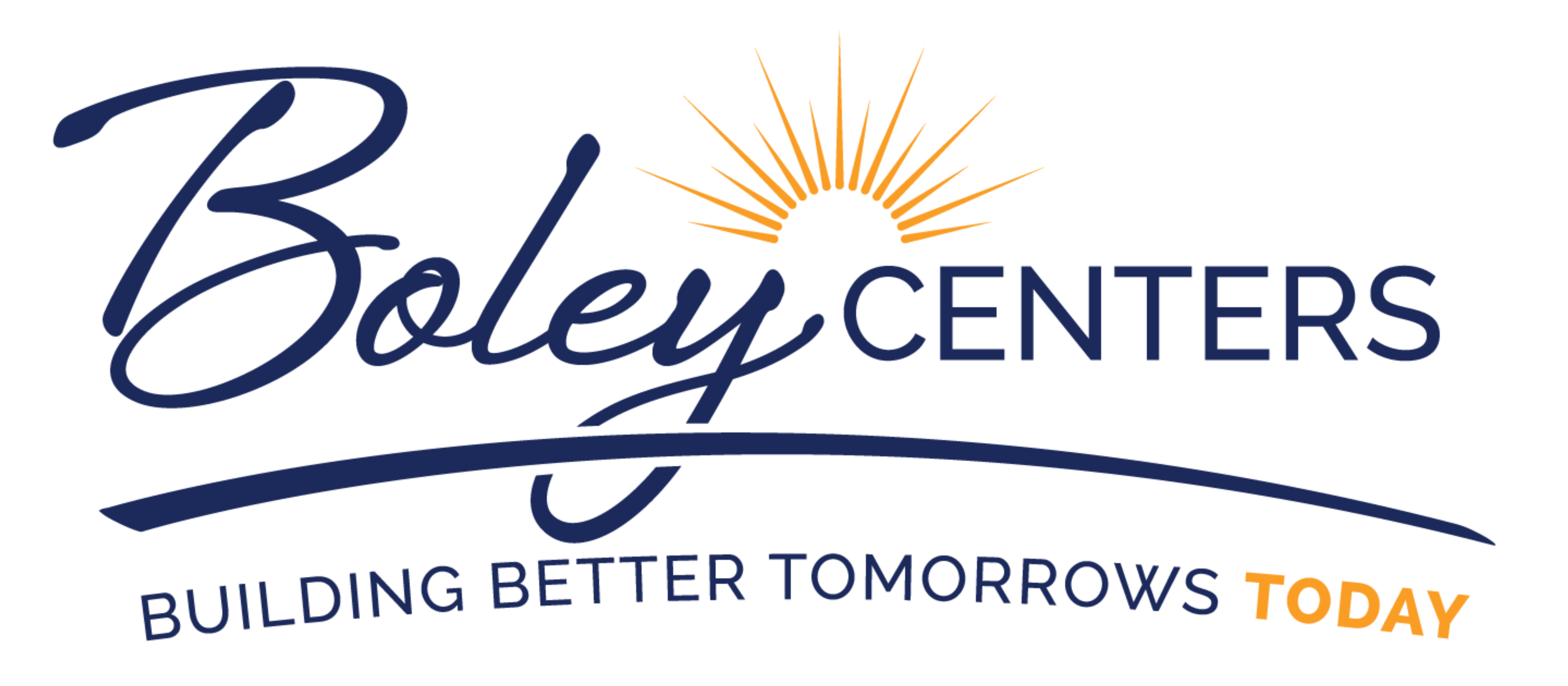Title VIII of the Civil Rights Act of 1968 (Fair Housing Act), as amended, prohibits discrimination in the sale, rental, and financing of dwellings, and in other housing-related transactions, based on race, color, national origin, religion, sex, familial status (including children under the age of 18 living with parents of legal custodians, pregnant women, and people securing custody of children under the age of 18), and handicap (disability).
If you have questions about the Fair Housing Act or the Americans with Disabilities Act, please contact Boley Centers at (727) 821-4819, extension 5717.
Related Links:
U.S. Department of Housing and Urban Development
The National Fair Housing Alliance
Pinellas County Office of Human Rights
The work that provided the basis for this publication was supported by funding under a grant with the U.S. Department of Hosing and Urban Development. The substance and findings of the work are dedicated to the public. The author and publisher are solely responsible for the accuracy of the statements and interpretations contained in this publication. Such interpretations do not necessarily reflect the views of the Federal Government.
Boley Centers is proud to be the State Affiliate for the Southeast Disability and Business Technical Assistance Center under a grant from the U.S. Department of Education, National Institute on Disability and Rehabilitation Research (Grant No. H133D010207). This grant allows Boley Centers to provide training and technical assistance on the Americans with Disabilities Act of 1990 (ADA) throughout the State of Florida.
The ADA prohibits discrimination on the basis of disability in employment, State and local government, public accommodations, commercial facilities, transportation, and telecommunications. It also applies to the United States Congress.
To be protected by the ADA, one must have a disability or have a relations or association with an individuals with a disability. An individual with a disability is defined by the ADQA as a person who has a physical or mental impairment that substantially limits one or more major life activities, a person who has a history or record of such an impairment, or a person who is perceived by others as having such an impairment. The ADA does not specifically name all of the impairments that are covered.
Activities under this grant include:
- ADA training
- Technical assistance, including site surveys
- Information dissemination
- Capacity building working with seventeen local affiliates
- Outreach
- Public awareness
Related Links:
Southeast Disability and Business Technical Assistance Center











